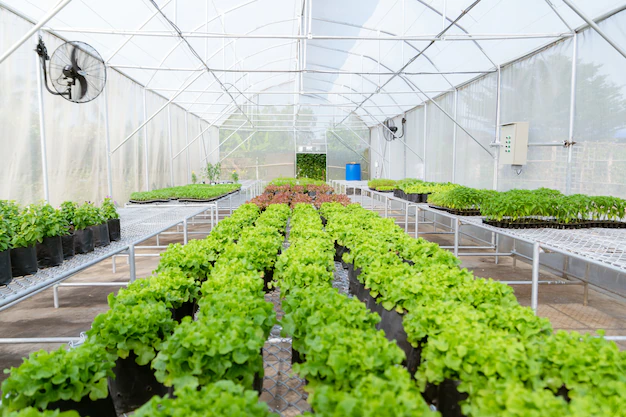Due to the unforeseen and flimsy socio-political circumstances, every unit of the homeland continues to hit the worst. However, some parts produce more resistance to a system than others. On the second flank of the coin, those businesses untrained to irradiate their nuisances remain disconnected from the system. The primary reason for the society of democratic nature is that they may not have influenced representative groups or associations.
Lately, I have been visiting the local hub of nursery farms in miniature territories of the district Kasur, Punjab, commonly known as Pattoki or Gehlen Nurseries. I met with prominent traders with specifications and all-around experience in this business. They had no words to describe the fragility of this business in the winter span. Afterward, I posed with my father and discussed collected chit-chat with people. He provoked my passion for raising my voice for those alienated by the squeezed system.
First, I portray this local section’s contribution to the country’s development.
Pattoki is a busy Punjabi rural market town in the suburbs of Lahore, Pakistan, known for growing blossoms. The city has one of the country’s most significant clusters of flower, fruit, and ornamental plant nurseries. Those who drive on the National Highway, Lahore-Sahiwal, are stocked with five kilometers of lush greenery and a fragrant stretch of nurseries on both sides of the road.
These nurseries contribute a significant role to collaborative development. Primarily, they provide fiscal revenue to the country’s economy regarding taxation. Besides livelihood, it gives shelter to thousands of low-income families. It includes manufacturing new-born plants, raising them, selling them, shipping, and importing the grown plant to various cities of Pakistan; even fruit plants, i.e., Orange or Guava plants, are sent abroad. 80% population of this region earns Bread through this business.
The air quality index of Pattoki is much better than other respective cities. The leading factor is the flower or tree markets. In a currently ongoing climate crisis, these trees play a significant role in climate resilience. Every year, when plantation drives initiate on a governmental level, these markets fulfill a campaign’s needs through trees and workforce labor. So, the Eco-friendly cycle continues.
The market fluctuates in the winter, hitting the worst underprivileged class in the region. After two or three winter seasons or spans, nursery farmers observe a downward slope in the selling activity. One person told me that each year, we are still determining whether we will get the reward for our efforts or stay at a loss. The main reason is the buyer’s loss of interest in the construction gardens of fruit plants like oranges, lemons, or their respective kinds—consequently, the demand-supply mechanism effects. The Horticulture department should initiate a policy to facilitate the small nursery farmers.
We must comprehend the mechanism of demand and supply to fully pinpoint this business calamity’s origin. Some agriculturalists cultivate more yields in the avarice of more earnings and influence over the market. This trait of nursery farmers in the excellent season badly affects the supply cycle. Consequently, yield beyond demand comes into the market and hinders the function of demand and supply. Hence, this procedural fault takes two or three winter spans to deteriorate the system entirely.
I submit two sensible solutions for the above-identified structural fault demand and supply. Farmers should regularly yield as per market tendencies rather than in the creed of more profit. The better way is to cultivate only those crops in a particular seasonal year that are more in demand than in tradition. In this case, the demand and supply cycle will move for unlimited winter spans without distortion. Hence, the business chain will stay unbroken for an infinite time.
The gardening department of G.O.P. should initiate untried projects that can increase the ultimatum for yield. New housing strategies can fast the demand. Two, Government should start a plantation drive twice a year. It will also give substantial sponsorship to a bunch of poor nursery farmers. But the overhead proposition is applied if farmers have a strong spokesperson force.
Nurseries associations should also remain active, even does not exist right now. Its operation would be in an inflated sphere as raising the voice of low-income workers, fixing fares for shipment of plants, and determining labor wages. On my recent visit, I understood that all the mechanism was irregular. Officials should examine it as the top prerogative because it is a case of the poor.
